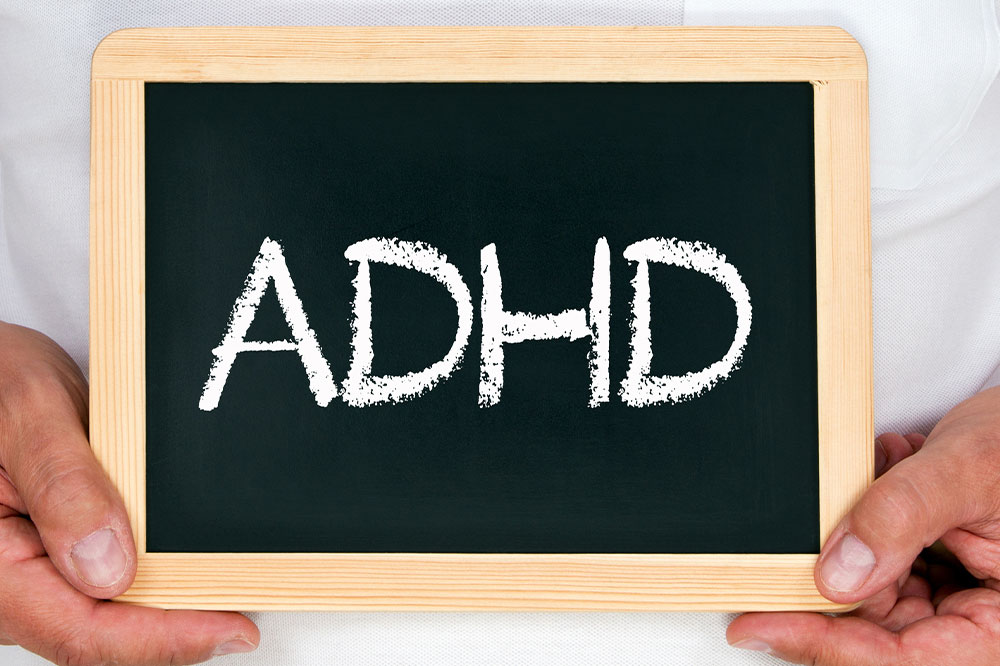Comprehensive Overview of Major Depression: Symptoms, Causes, and Risk Factors
This detailed article provides an in-depth exploration of major depression, including its symptoms, causes, and risk factors. It emphasizes the importance of early detection and professional treatment to improve quality of life. Recognizing the signs and understanding the underlying factors can help affected individuals seek timely help and support recovery. The article also discusses how depression impacts mental and physical health, highlighting the importance of awareness and intervention in managing this serious condition.

Understanding Major Depression: Symptoms, Causes, and Risk Factors
Major depression, also known as clinical depression, is a complex mental health disorder that profoundly impacts an individual's emotional well-being, thoughts, and physical health. It is widely recognized as one of the most prevalent mental illnesses worldwide, affecting millions of people across all age groups, genders, and backgrounds. Unlike temporary feelings of sadness or grief, major depression persists for extended periods and can impair daily functioning, making it crucial to understand its symptoms, causes, and risk factors to facilitate early detection and effective treatment.
This comprehensive guide delves into the essential aspects of major depression, providing vital information for those affected, their loved ones, and healthcare professionals. Recognizing the early signs of depression can lead to timely intervention and improve long-term outcomes.
Symptoms of Major Depression include a wide range of emotional, cognitive, and physical indicators. Persistent feelings of sadness, hopelessness, and emptiness are hallmark signs. Individuals may experience irritability, difficulty concentrating, or remembering details. Loss of interest or pleasure in activities once enjoyed, also known as anhedonia, is a key symptom, often accompanied by fatigue, decreased energy, and changes in sleep patterns. Some people find themselves eating significantly more or less than usual, leading to weight changes. Anxiety, agitation, and physical symptoms like aches and pains can also manifest.
It’s important to note that symptoms can vary depending on age, gender, and individual circumstances. For instance, children and adolescents might exhibit irritability rather than sadness, while older adults may present with vague physical complaints. Despite these variations, the core feeling of emotional numbness or despair remains a common thread.
Causes of Major Depression are multifaceted and not entirely understood. Current research indicates that biological, genetic, environmental, and psychological factors all play a role. Changes in brain chemistry, such as imbalances in neurotransmitters like serotonin, norepinephrine, and dopamine, are believed to contribute to the development of depression. Hormonal imbalances, especially in thyroid hormones or during hormonal shifts like postpartum, can also trigger depressive episodes.
Genetics significantly influence susceptibility; individuals with family histories of depression are at higher risk. Environmental factors, including chronic stress, trauma, abuse, and significant life transitions like divorce or job loss, often precipitate episodes. Moreover, certain medical conditions and medications may increase vulnerability, underscoring the importance of a comprehensive healthcare evaluation whenever depression is suspected.
Risk Factors for Major Depression encompass demographic, psychological, and environmental elements. Women are statistically more likely to experience depression than men, possibly due to hormonal differences and social pressures. Low self-esteem, feelings of inadequacy, or a history of mental health issues elevate the risk. Stressful life events such as bereavement, financial difficulties, or traumatic experiences frequently act as triggers.
Additional risk factors include early childhood trauma, substance abuse, and chronic illnesses like diabetes or heart disease. Certain medications, such as corticosteroids and some antihypertensives, may also predispose individuals to depression. Identifying these factors is vital for healthcare providers in developing personalized treatment plans and preventive strategies.
Major depression is a serious illness that requires professional medical attention. It is not merely a bout of temporary sadness, but a treatable condition that affects every aspect of one’s life. If you or someone you know exhibits symptoms outlined above, it is crucial to seek help from mental health professionals who can provide appropriate interventions, including psychotherapy, medication, or a combination of both.
Understanding the complexity of major depression, spreading awareness, and encouraging early intervention can significantly improve outcomes and help individuals regain their well-being. Remember: help is available, and recovery is possible with the right support.
Major depression
Depression symptoms
Causes of depression
Risk factors for depression





